
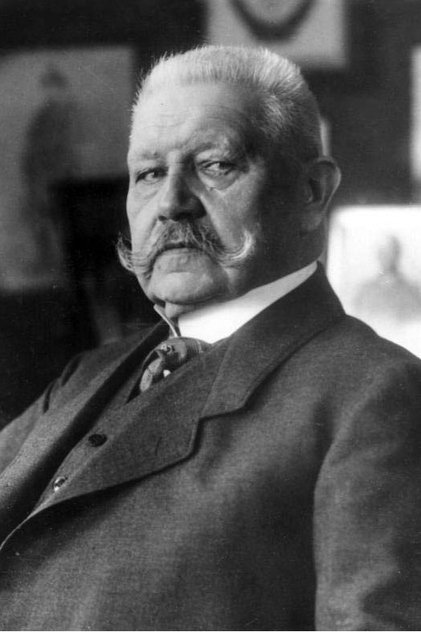
Paul von Hindenburg
Born: October 2, 1847
Died: August 2, 1934
in Posen, Kingdom of Prussia
Died: August 2, 1934
in Posen, Kingdom of Prussia
Paul Ludwig von Hindenburg, was a German general and statesman who led the Imperial German Army during World War I and later became President of Germany from 1925 until his death in 1934. During his presidency, he played a key role in the Nazi seizure of power in January 1933 when, under pressure from advisers, he appointed Adolf Hitler as Chancellor of Germany.
Movies for Paul von Hindenburg...
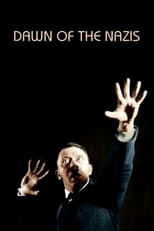
Title: Dawn of the Nazis
Character: Self (archive footage)
Released: January 1, 2017
Type: Movie
How Germany was when its people entered the nightmare of World War II? Despair and fear lead a hungry population to follow the chilling call of just one man to world domination. A real-life horror story, an ominous tale of violence and deception, which takes place from 1919 to 1934. (Entirely made up of restored, colorized archival footage.)

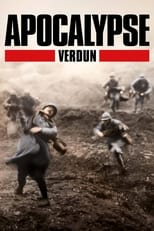
Title: Apocalypse: The Battle of Verdun
Character: Self (archive footage)
Released: February 21, 2016
Type: TV
A detailed account of one of the bloodiest battles of World War I. Between February and December 1916, the French and German armies relentlessly fought in the devastated camps around the village of Verdun.

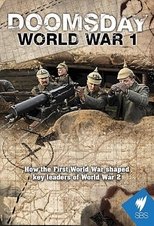
Title: Doomsday: World War I
Character: Selbst - Archivmaterial
Released: September 18, 2012
Type: TV
The First World War - carnage on a scale never-before seen. But how did it all start? And how did some key figures of WWII fare in the earlier war?

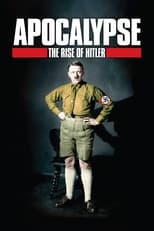
Title: Apocalypse: The Rise of Hitler
Character: Self (archive footage)
Released: October 25, 2011
Type: TV
Adolf Hitler (1889-1945) was a mediocre who rose to power because of the blindness and ignorance of the Germans, who believed he was nothing more than an eccentric dreamer. But when the crisis of 1929 devastated the economy, the population, fearful of chaos and communism, voted for him. And no one defended democracy. As the dictatorship extended its relentless shadow, the leader claimed peace, but was preparing the Apocalypse.


Title: Human Remains
Character: Self (archive footage)
Released: March 21, 1998
Type: Movie
Human Remains is a haunting documentary which illustrates the banality of evil by creating intimate portraits of five of the 20th century's most reviled dictators. The film unveils the personal lives of Adolf Hitler, Benito Mussolini, Joseph Stalin, Francisco Franco and Mao Tse Tung. We learn the private and mundane details of their everyday lives -- their favorite foods, films, habits and sexual preferences. There is no mention of their public lives or of their place in history. The intentional omission of the horrors for which these men were responsible hovers over the film.

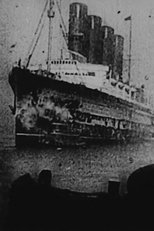
Title: 1917 - Jahr der Entscheidung
Character: Self (archive footage)
Released: January 1, 1973
Type: Movie
Four documentary scenes with subtitles document the year 1917 as the beginning of a new era. In addition to the military situation and the supply situation in Germany, the intervention of the USA and the events in Russia are shown in particular.


Title: The Guns of August
Character: Self (archival footage)
Released: December 24, 1964
Type: Movie
Traces the origins and actions of World War I, from the funeral of Britain's King Edward VII to the Versailles Treaty.


Title: Ich habe meine Pflicht getan
Character: Self
Released: January 1, 1939
Type: Movie
Documentary film from a National Socialist perspective on the political development of Germany from the First World War to the annexation of Austria by the German Wehrmacht. The film is presumably one of a series of films intended to convince voters of the achievements of the NSDAP and Adolf Hitler in particular in the run-up to the referendum and Reichstag elections on April 10, 1938


Title: Berlin: Symphony of a Great City
Character: Self
Released: September 23, 1927
Type: Movie
A day in the city of Berlin, which experienced an industrial boom in the 1920s, and still provides an insight into the living and working conditions at that time. Germany had just recovered a little from the worst consequences of the First World War, the great economic crisis was still a few years away and Hitler was not yet an issue at the time.
